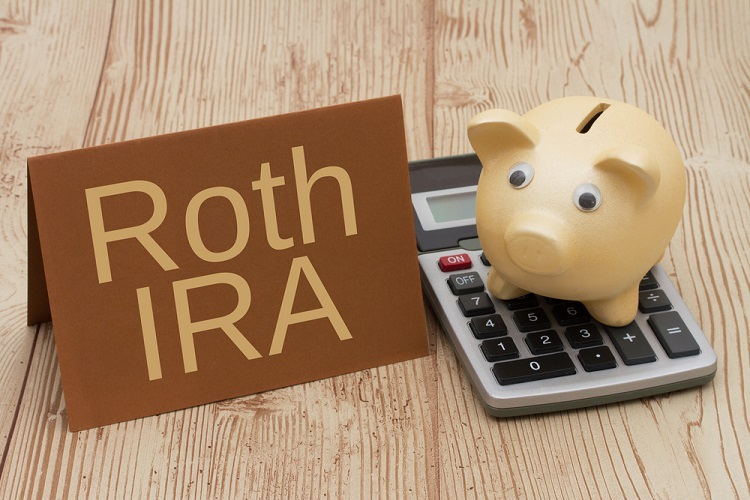What we know: President Trump’s Tax Cuts and Jobs Act will expire in 2026. What we don’t know: what the tax brackets will look like for all earners. With tax hikes possibly on the horizon, there are some things you can do to hedge against losing your retirement income to taxes. Let’s recap a quick recap of 2020.
It is estimated that the real level of our unfunded liabilities sits at $128 trillion – more than 500% worse than what we are lead to believe. In response to the COVID-19 pandemic, the federal government authorized $3.6 trillion in spending since the end of March. For reference, total federal outlays for all of 2019 were $4.4 trillion. The U.S. government is on track to borrow $4.5 trillion in the current fiscal year. This debt exceed 100% of our GDP. This explosion in federal debt raises a lot of obvious questions. Topping the list is the question of how and when this spending will be paid for. It’s hardly a stretch to imagine that a significant increase in taxes is on our horizon.
“I love the Roth IRA. Tax-free income in retirement is truly a great deal.” – Suze Orman
To hedge your retirement income against potentially higher personal tax rates in the future, there is something you can do now: convert your current or remaining traditional IRA or 401(k) to a Roth IRA. This single and simple financial move can significantly decrease your future tax burden and reduce complexities for the legacy you will leave to your heirs. Congress passed the SECURE Act in 2019 and one of its effects was it eliminated the ability for your beneficiaries to stretch your IRA distributions over their lifetime. Considering this new rule and the increased likelihood of higher tax rates in the future, now is the opportune time to review your retirement income strategies and take action.
Now may be a once-in-a-lifetime opportunity to create a tax-efficient Roth IRA retirement nest egg. Regardless of your current age or income, you can immediately take steps to reduce taxes on your retirement income by converting your current qualified account into a Roth IRA. The cost of conversion is the tax you must pay on the converted amount in the year of the conversion.
Your money grows and grows tax-free, and when you withdrawal in retirement, you pay no taxes
Why you may ask would I pay taxes on a Roth IRA conversion rather than letting my current account continue to grow tax-deferred for years to come?
- Distributions from a Roth IRA are 100% TAX-FREE, meaning the appreciation on your Roth IRA assets is never subject to income taxes.
- Owners of Roth IRA’s and their surviving spouses are never required to take distributions during their lifetime. If you have structured your retirement income strategy to allow other assets fund your retirement years, your Roth IRA can continue to appreciate tax-free until it passes to your beneficiaries.
- Your heirs will need to be very vigilant tax planners if they inherit a traditional IRA, since they will need to make calculated withdrawals during the first nine years to avoid a large tax bill in the 10th year. Also, traditional IRA withdrawals are taxed at the rates in effect in the year of withdrawal, which most likely will be higher than today’s rates. Withdrawals from a Roth IRA are tax-free and are much simpler for you and your beneficiaries to manage. You can delay Roth IRA withdrawals until the end of the 10th year and allow the Roth IRA account to grow tax-free as long as possible.
- You can work with us to minimize taxes upon conversion. For example, in 2020, a married couple with a $185,000 household income is in the 24% tax bracket. The 24% tax bracket starts at $171,051 and ends at $326,600. In this example it would all the owner of the account to convert up to $141,600 into a Roth IRA without moving into the next tax bracket (32%).
5 Top Benefits of a Roth IRA Read this article from Nerd Wallet
If you are currently taking RMD’s from your account there is good news for you: the CARES Act of 2020, which was passed in response to the COVID-19 pandemic, suspended RMD’s for 2020. Thus, traditional IRA owners who do not need current retirement income may consider a Roth IRA conversion in lieu of their 2020 RMD’s.
Benjamin Franklin reminded us that nothing is certain in life but death and taxes.





